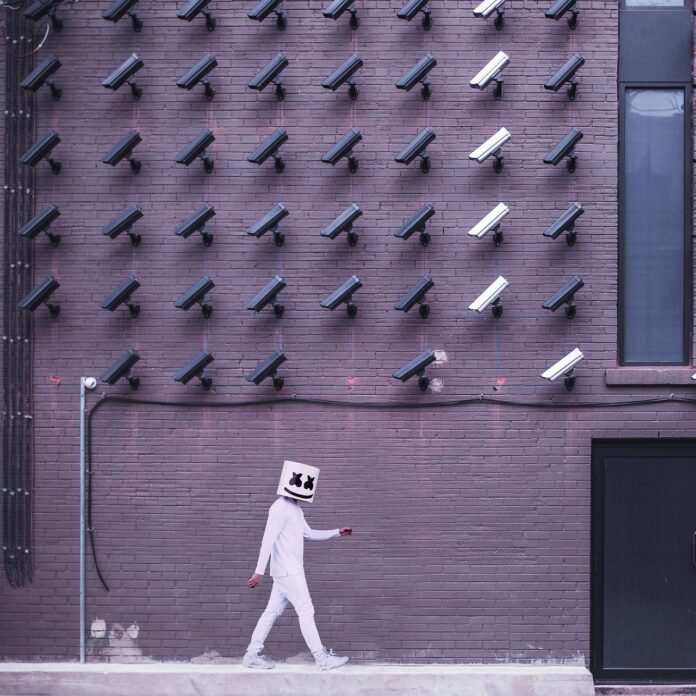As TEFL teachers in South Korea navigate the complexities of living and working in a new country, the ever-present lens of CCTV cameras in their workplaces adds yet another layer to consider. The question arises: Is this surveillance even legal?
Surveillance in Public Versus Private Spaces
Before we dive deeper, it’s crucial to understand the difference between public and private spaces when it comes to CCTV installation. Areas like hallways, stairwells, and reception desks in language schools, where an undefined number of people move about freely, are considered public spaces. In these instances, explicit consent for CCTV installation is not required. However, there are several obligations that must be met:
- Limit the scope of the footage to the bare minimum required.
- Prohibit arbitrary manipulation and recording.
- Install an information board in a visible location to inform people that they are under surveillance.
- Establish and disclose a management policy, specifying the person responsible.
- Restrict the use and distribution of the footage to its intended purpose.
- Ensure thorough storage and destruction protocols.
- When outsourcing installation and operation, enforce meticulous management and oversight.
- Undertake regular self-inspections for security.
On the other hand, in spaces like classrooms and teachers’ lounges where access is restricted, explicit consent for CCTV operation is required by law. For instance, if the purpose is to monitor students’ learning attitudes, the students themselves must consent.
The Murky Waters of Consent
Violators of these laws risk a hefty fine of up to 50 million Korean Won (approximately 42,000 USD), as outlined in the Personal Information Protection Act (PIPA), Article 25 and Article 75. Reviews on JobPlanet, a Korean employment website, indicate that complaints about unauthorized workplace surveillance are not uncommon among employees, including foreign teachers.
What Recourse Do Teachers Have?
For those who find themselves under the unauthorized gaze of a CCTV lens, complaints can be filed with the Personal Information Dispute Mediation Committee or the Korea Internet & Security Agency (KISA). Legal action can also be initiated at local police stations or prosecutors’ offices.
The Ethical Dimensions: Surveillance or Harassment?
While the Ministry of Employment and Labor may not typically handle CCTV-related complaints, excessive surveillance could be considered workplace harassment. Employers who actively monitor and send real-time warning messages based on CCTV footage may be crossing the line into harassment, as defined by the Ministry’s guidelines.
Concluding Thoughts
The use of CCTV in educational settings in South Korea poses critical questions about the balance between security and individual privacy rights. For TEFL teachers making their homes away from home, understanding the legal landscape around surveillance offers not only peace of mind but essential protection against unwarranted intrusions into their privacy.
Armed with this knowledge, TEFL teachers in South Korea have a fighting chance at maintaining their privacy, as they continue to adapt to their roles in a new educational and cultural setting.





